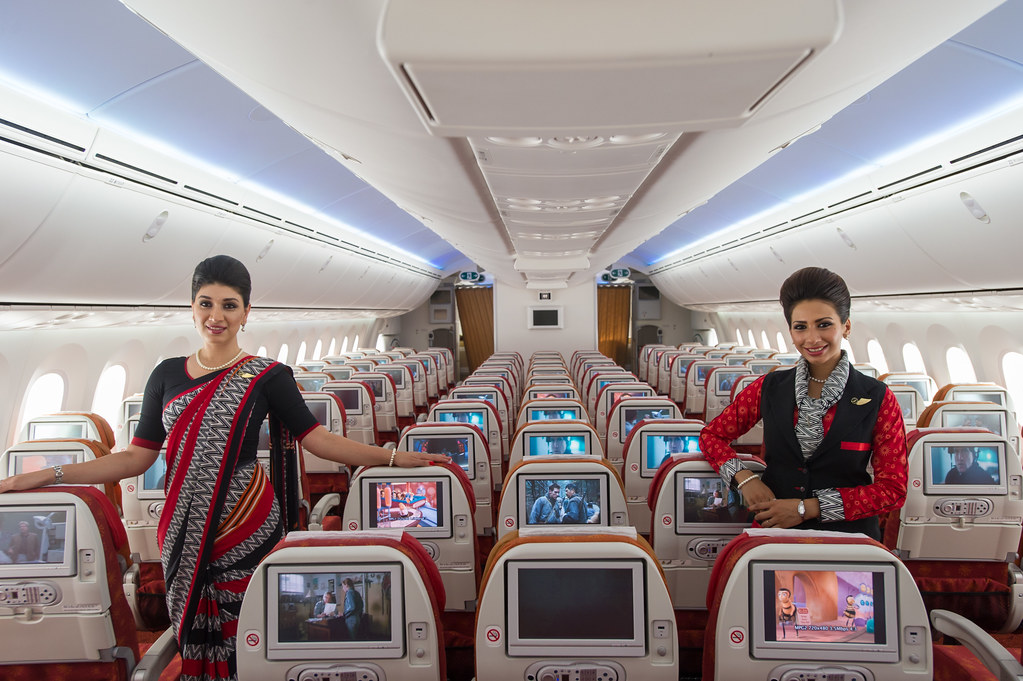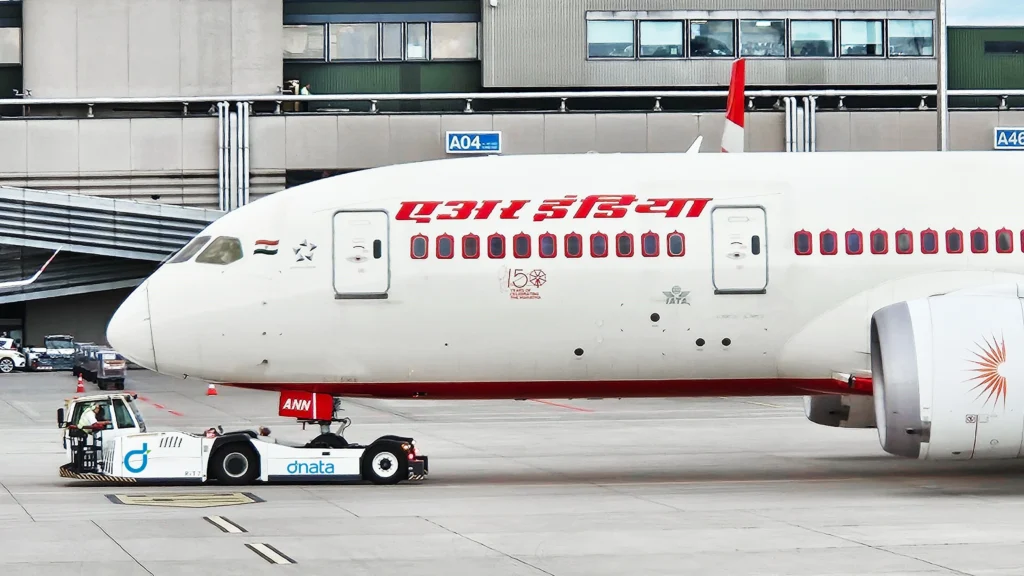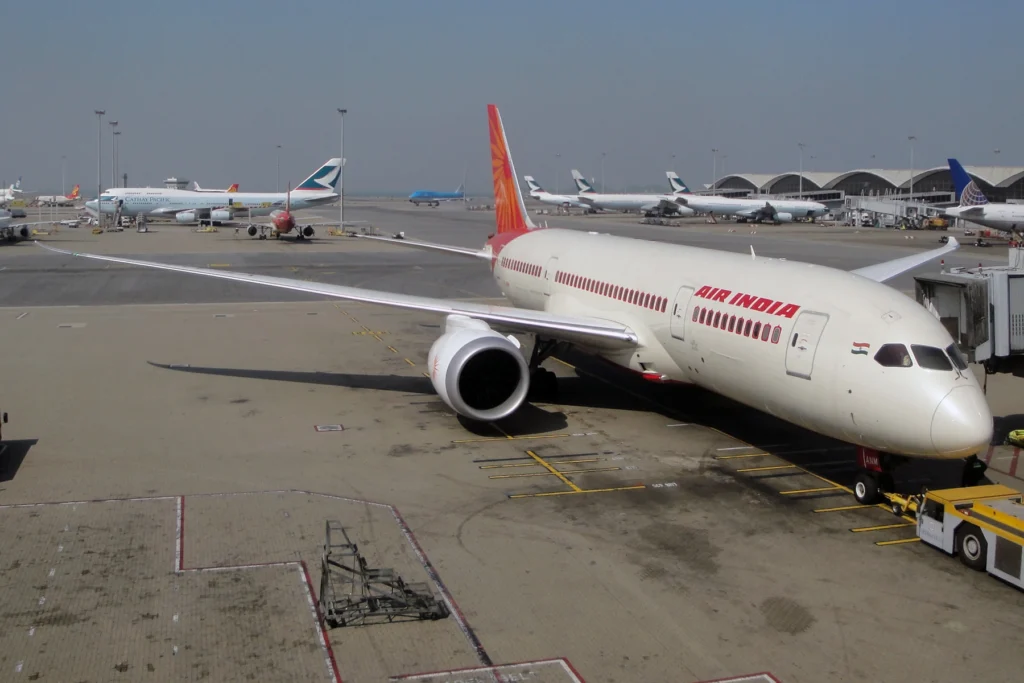DELHI— Two former senior cabin crew of Air India (AI) claim they were dismissed after reporting a Boeing 787 technical issue a year before the June 12 crash in Ahmedabad (AMD) that killed 241 of 242 onboard.
In a letter addressed to Prime Minister Narendra Modi, the whistleblowers allege that a Boeing 787-8 Dreamliner (VT-ANQ) suffered a slide deployment malfunction at London Heathrow (LHR) in 2024, which they say was suppressed by both Air India and the Directorate General of Civil Aviation (DGCA), TOI reported.

Air India Fired Crew
According to the letter, the incident occurred on May 14, 2024, after Flight AI129, operating from Mumbai (BOM) to London Heathrow (LHR), had completed passenger disembarkation.
The two cabin crew members assigned to Door L4 state that the aircraft door was verified to be in manual mode, yet the emergency slide raft deployed — an action that should only occur when a door is armed.
The letter claims this malfunction was documented by the pilot and cabin-in-charge at the time. However, the whistleblowers allege they were later pressured to alter their statements. When they refused, they say they were terminated from service.
The pilot allegedly retracted his initial corroboration by claiming he did not witness the door opening.
The crew members also allege that Air India management and the DGCA failed to launch a formal investigation, instead conducting an “informal inquiry” and withholding the final report. According to their letter, other incidents involving Dreamliners were similarly ignored, and critical witnesses were excluded from the process.

Air India’s Response to Whistleblower Claims
Air India, now owned by the Tata Group, refuted the allegations. In an official statement, the airline said the two former employees were terminated for misconduct and continued misinformation during the investigation.
The airline’s internal findings, supported by data, images, and third-party reviews, concluded that the emergency slide could not have deployed unless the door was armed — contradicting the crew’s claims.
The airline emphasized that the crew had been given multiple opportunities to revise their statements, which it suggested may have initially been submitted in error.
Broader Safety Concerns
In light of the Ahmedabad crash, Air India’s CEO Campbell Wilson issued a detailed update on the condition and inspection of its Boeing 787-8 fleet.
Wilson noted that the crashed aircraft had undergone its last major check in June 2023, with the next scheduled for December 2025. Both engines were recently serviced — the right in March 2025, and the left in April 2025 — and showed no operational issues.
Following the crash, the DGCA ordered enhanced surveillance of the airline’s 33 Boeing 787 aircraft, including 26 787-8s and 7 787-9s.
As of now, 26 aircraft have cleared safety checks, and the remaining units are undergoing planned maintenance with additional inspections before re-entry into service.
The DGCA confirmed that Air India’s 787 fleet and maintenance procedures “fully meet safety standards”, although the regulator also urged the airline to improve internal departmental coordination.

Continuing Scrutiny
The whistleblowers, both with over 20 years of service, have submitted a formal complaint to the Central Vigilance Commission.
They claim the Ahmedabad crash may have been preventable had earlier issues been properly investigated.
With mounting public scrutiny, calls for an independent probe into both the technical issues and whistleblower treatment are growing. While Air India asserts procedural compliance, questions remain over transparency, internal culture, and regulatory oversight.
Stay tuned with us. Further, follow us on social media for the latest updates.
Join us on Telegram Group for the Latest Aviation Updates. Subsequently, follow us on Google News

